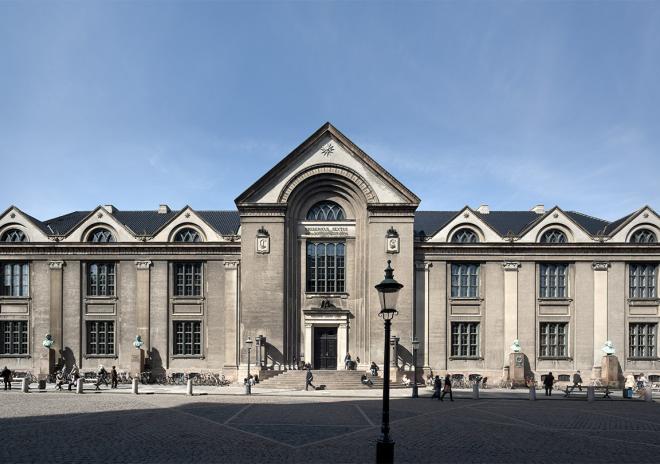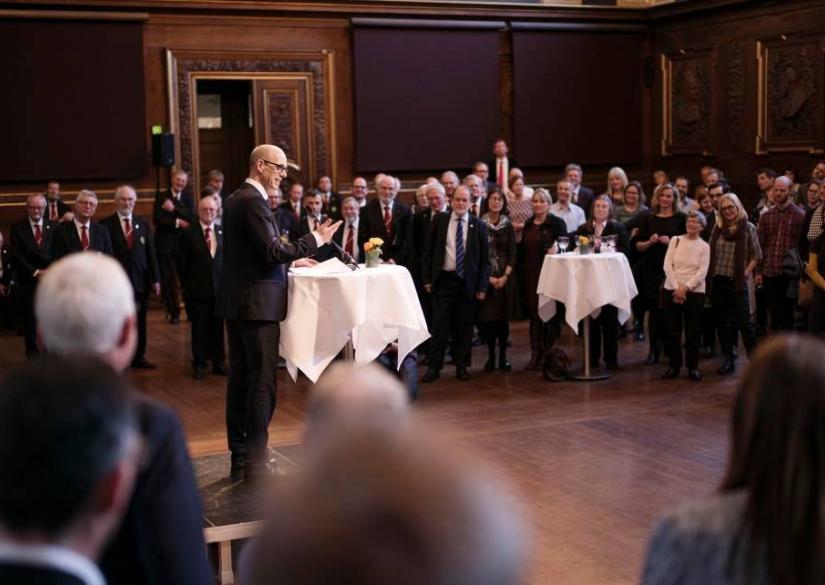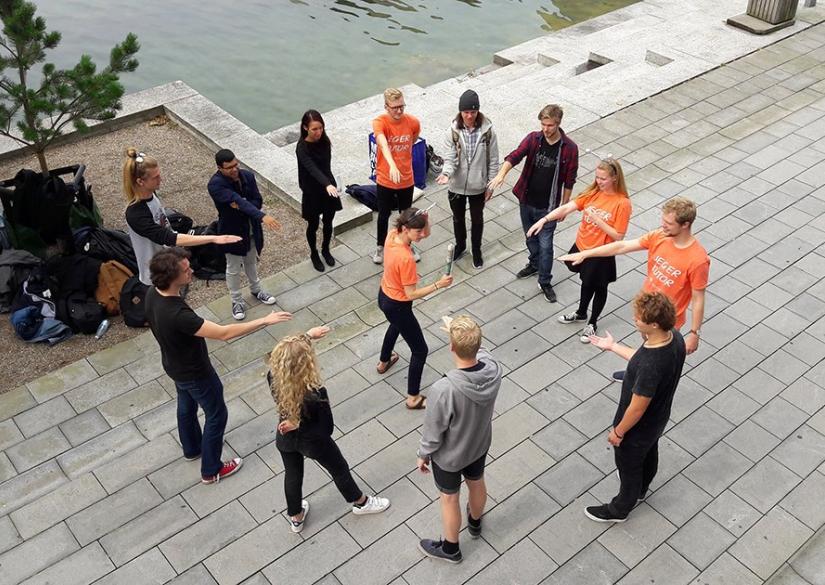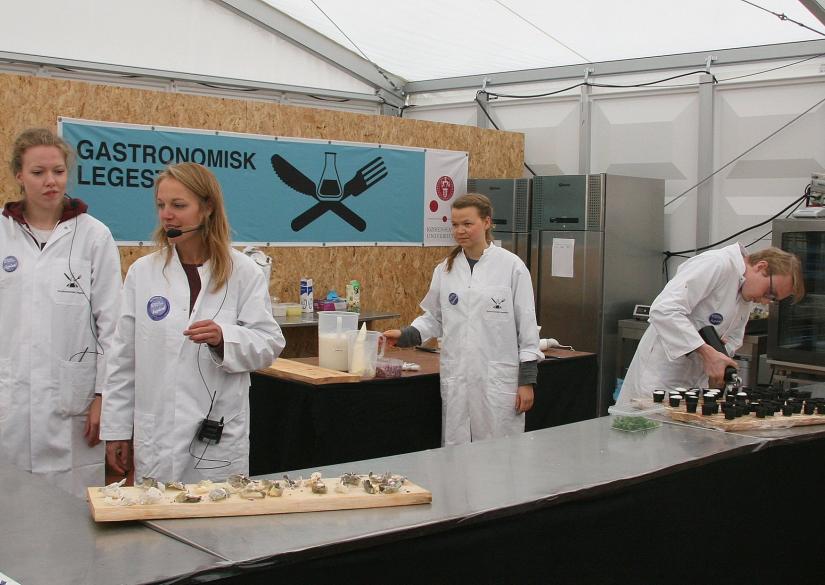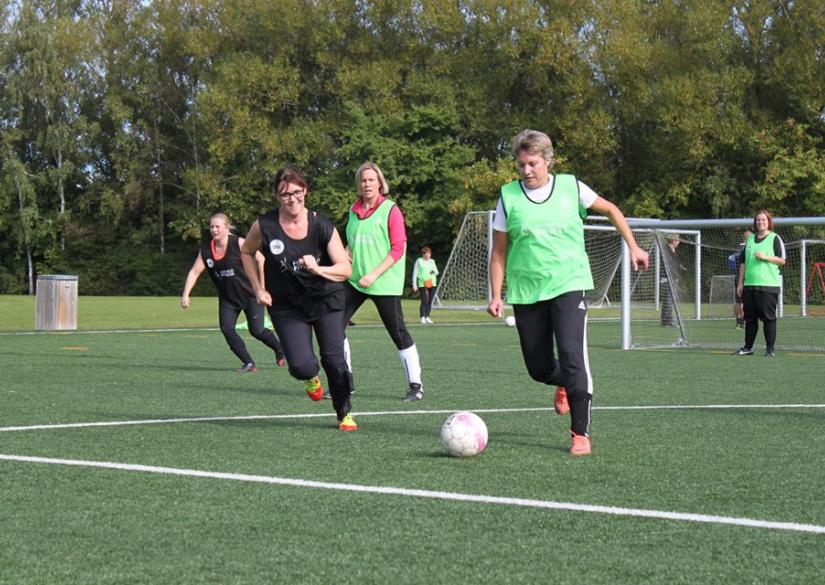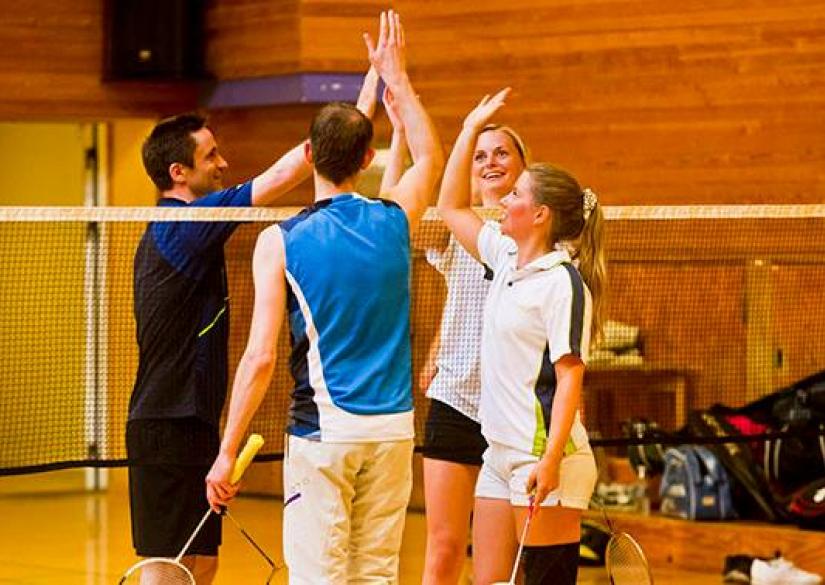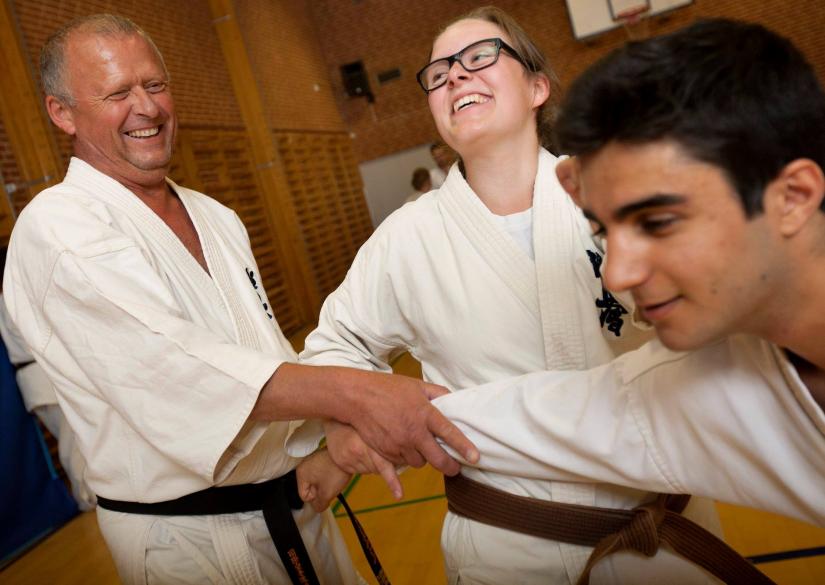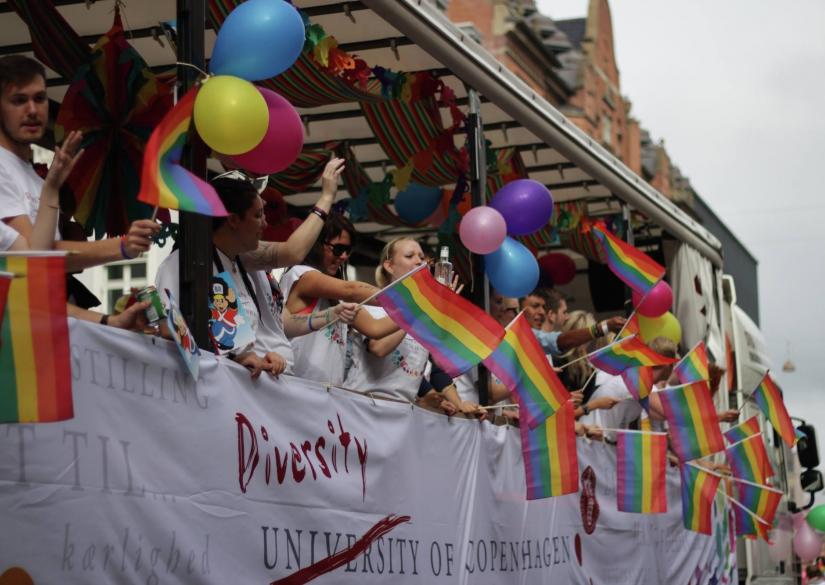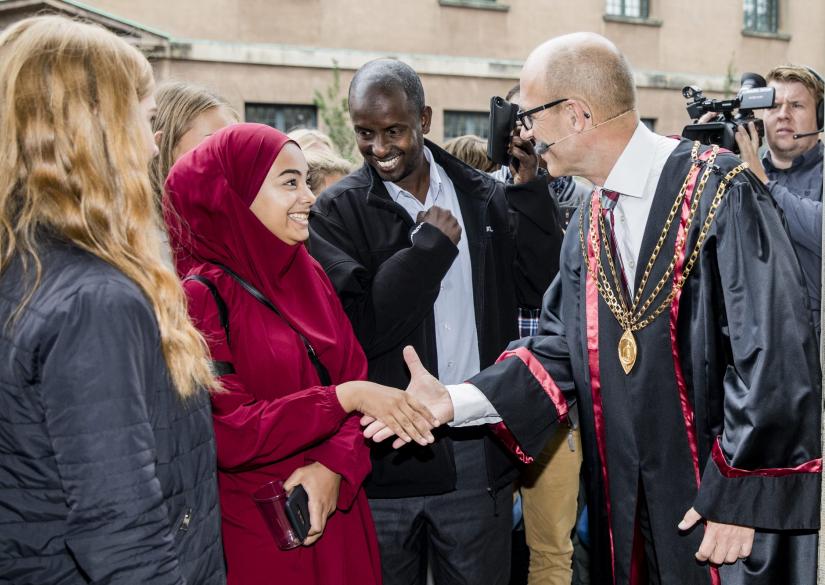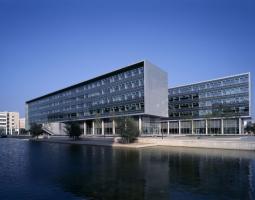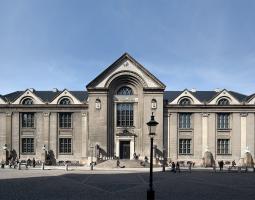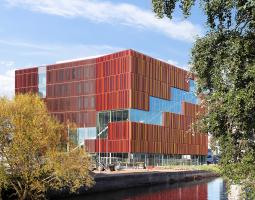Københavns Universitet University of Copenhagen
Programs and prices, tuition fees in Københavns Universitet University of Copenhagen
Specify information on the training program on the official site of an educational institution.
Specify information on the training program on the official site of an educational institution.
Description of Københavns Universitet University of Copenhagen
The University of Copenhagen is the oldest educational institution in Denmark. On the Scandinavian Peninsula, Københavns Universitet is the second institution of higher education that opened its doors to students in the Middle Ages. The Danish king Christian I established the university in 1479. The first faculties of the university were the traditional areas of the time. Law, medicine, philosophy and theology were studied here. A modern university has a wide profile of specialties that are in demand by applicants. The University of Copenhagen included a major research center. The university is a member of the elite academic association IARU, together with such giants as the Cambridge, Tokyo and Yale universities.
Advantages
The university has high rating indicators in many areas of academic activity. Thus, according to the scale of the national ranking, the University of Copenhagen occupies a leading position among the higher educational institutions of Denmark. At the same time, the assessment of the world ranking introduces this university into the first 5 percent of the international rating of the most prestigious educational institutions. It is worth adding that 10 years ago Københavns Universitet added itself to popularity among students. This happened after joining the University of the Royal Veterinary and Agrarian University, as well as the Danish University of Pharmaceutical Sciences or other universities Copenhagen. Now the University of Copenhagen is considered a major medical center for education.
Consider the rating position of individual faculties of this educational institution.
- The directions studying veterinary medicine, dentistry and pharmacology are distinguished by scientific achievements and high rating indicators in the academic world.
- Since the beginning of the 20th century, the university is proud of the department of structural linguistics. Here is a high-quality training of specialists in the field of modern linguistics, in which are taught: English, Danish and German.
- As for the Faculty of Humanities, it is known in Europe for its academic achievements in such fields as theater studies, ethnology and philosophy.
- The best characteristics of teaching in the country are different directions for the study of engineering, in particular engineering.
It is necessary to focus on the frequent quoting of scientific works of scientists from the University of Copenhagen in various academic publications of many countries. Most often this occurs in the field of biology, medicine and pharmacology.
University pride
- G. Gram is a bacteriologist who studied botanical disciplines at the University of Copenhagen. At the end of the 19th century, he was able to develop a method for separating two classes of bacteria by staining them. This method is used in science today.
- N. Bohr is the most famous physicist of Danish origin. Modern physics owes much of its theoretical foundation to it. He is the winner of the Nobel Prize in Physics.
- S. Kierkegaard is a 19th century philosopher from Denmark. He became one of the founders of existentialism.
- L. Elmslev is a linguist of Danish origin. Thanks to his work linguistics acquired modern features.
- B. Lomborg - is the director of the Danish Environmental Assessment Institute. His work reveals the essence of the struggle of governments to save the environment, as not having the desired effect.
- P. Heg - is known as a popular science fiction. His novels received international recognition through nomination and awards with various awards.
Facilities and equipment at Københavns Universitet University of Copenhagen
The University of Copenhagen is formed from 4 main buildings in the vicinity of the Danish capital. The buildings are built in various styles: there are variants of medieval architecture, as well as modern buildings. Next to the educational buildings there is always a metro station. A special role for the universitiy in Denmark is played by historical monuments located next to it. For example, the museum complex of Danish history is a structural unit of the University of Copenhagen. Part of the museum itself is a botanical garden, an area of ten hectares. It serves as the basis of scientific research for students of biological and botanical faculties.
We should also dwell on the thematic museums of the university. These include:
- Museum of Botany, officially existing since 1700;
- The Museum of Geology, which has 40,000,000 copies collected over 4 centuries;
- Medical Museum, a collection of 250 000 exhibits;
- Worm Museum - exhibits artifacts from the New World.
The most elite places to stay in Danish hostels are single rooms with all the amenities. But the right to reside in them can be enjoyed only by students who have completed two courses of study and at the same time have high levels of academic performance. For the rest of the students are provided with standard rooms in European-style hostels. Among the 5 hostels of the University of Copenhagen, there are buildings of various occupancy. The largest building is Regensen hostel, designed for one hundred students. The smallest residence of the Hassagers accommodates only ten people.
Entry requirements, how to apply, what is required to enrol
- In order for a Russian to enter universities in Copenhagen, it is necessary to complete at least the first course of a higher education institution in Russia. Then provide a certificate from the school and other educational documents to the admissions office, pre-translating them into English or the language of Denmark.
- If an applicant wants to receive educational services in Danish, he must know him at an advanced level. The applicant can confirm his knowledge already at the university by passing the test under the program “PASS STUDIEPRØVEN I DANSK”. You can pre-pass language courses.
- Studying disciplines in English requires an IELTS certificate with a lower limit of 6.5 points. You can provide a certificate TOEFL, if the lower bound of the assessment in the region of 90 points.
- An additional requirement for applicants is a good knowledge of the subject matter. The average score on it should be as high as possible in a school certificate or in the first year of study at a university in Russia. The value of the average score will affect not only the decision to enroll, but also the award of a scholarship to a prospective student.
The deadlines for applying for admission to the faculties of the University of Copenhagen are limited to the range from 01.02 to 15.03.
Scholarships Københavns Universitet University of Copenhagen
To get acquainted with the specific prices of educational services under the master’s or bachelor’s program at a particular department, you must first go to the official website of the university. It provides all the information in the price list. On average, the cost of education for applicants from countries that are not part of the European Union varies from 6,000 to 15,000 euros per academic year. This range is due to the various faculties and specialties.
The administration of the University of Copenhagen provides several options for scholarship programs to its students.
- The education grant from the IARU association is EUR 1,200 per month. It is provided to applicants for a bachelor’s, master’s or doctoral degree, when studying in areas of exact or natural disciplines. This amount will fully cover the cost of the educational process.
- Students of the Faculty of Pharmaceutical Neurobiology, the administration of the university, are given the opportunity to participate in the Lundbeck Foundation scholarship program. The amount of financial assistance is 1,000 euros and is provided for a period of six months.
- A unique option is the appointment of scholarships to students of other higher educational institutions. For example, a student at a Russian university who studies philosophy or fundamentals of the Danish language in an international exchange program for two semesters in the Danish capital may receive 600 euros each month, plus free tuition at the chosen faculty.
Institution on the map
Residence permits, citizenship and other services
- Guardianship services during the studies
- Student supervision
Review about Københavns Universitet University of Copenhagen
Recommendations on when to apply
| Language courses, schools and children's language camps | Primary and secondary education - private schools | Preparation programmes for entering universities - higher education | Higher education (after completing accredited programs A-level, IB, High School) - Bachelor, Master, MBA |
| - we recommend to apply 6-9 months before the start of the course (some camps and schools offer discounts for early booking or for lengthy study programs) - there are some very popular and high demand children's camps, where the applications need to be submitted 1 year in advance (in particular Switzerland , Great Britain , USA , Canada , Austria) | - we recommend to apply one year before the start of the training program, - some schools have a specific time frame (September-November - please specify an individual school) - some schools require tests in several stages (UKISET, internal tests of the school: English, mathematics, logics, subjects, interview, some require a personal visit) | - we recommend to apply one year before the start of the program, - for Foundation and Pathway programs, IELTS and TOEFL certificates are usually required, respectively | - recommended submission one year before the start of the program, - the deadline normally closes in January, for TOP HEIs and, as a rule, in March in other universities - for a bachelor, a Foundation or Pathway preparatory program a completed A-level, IB, High School + IELTS / TOEFL are required - for Masters you need a graduated higher education, in some cases you need a pre-Masters program - MBA requires completed higher education, work experience preferably at least 2-3 years, etc. |


